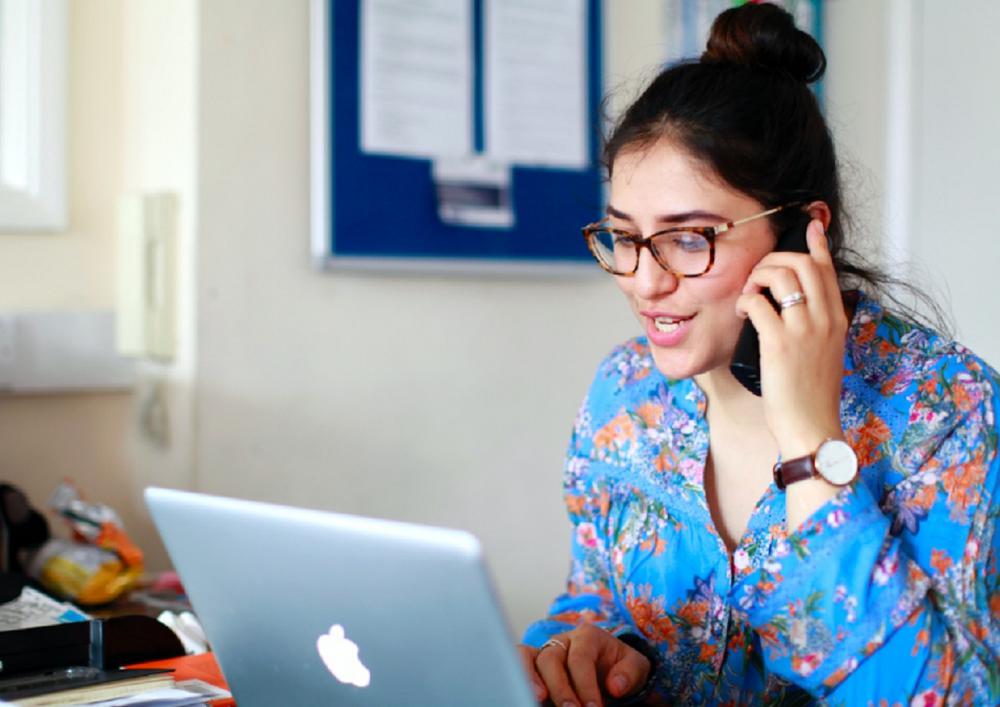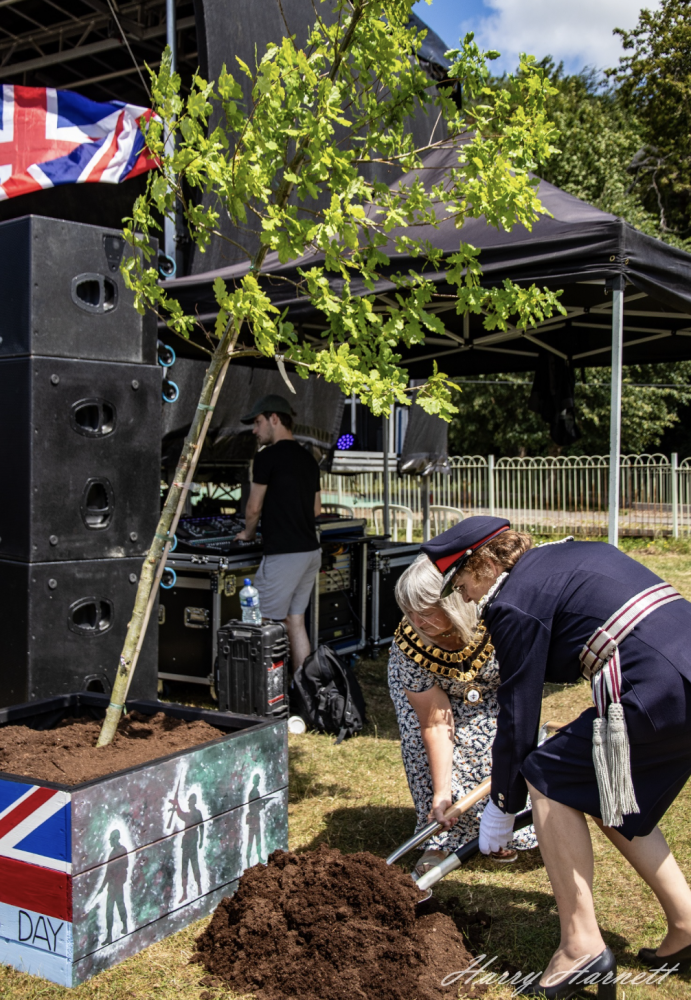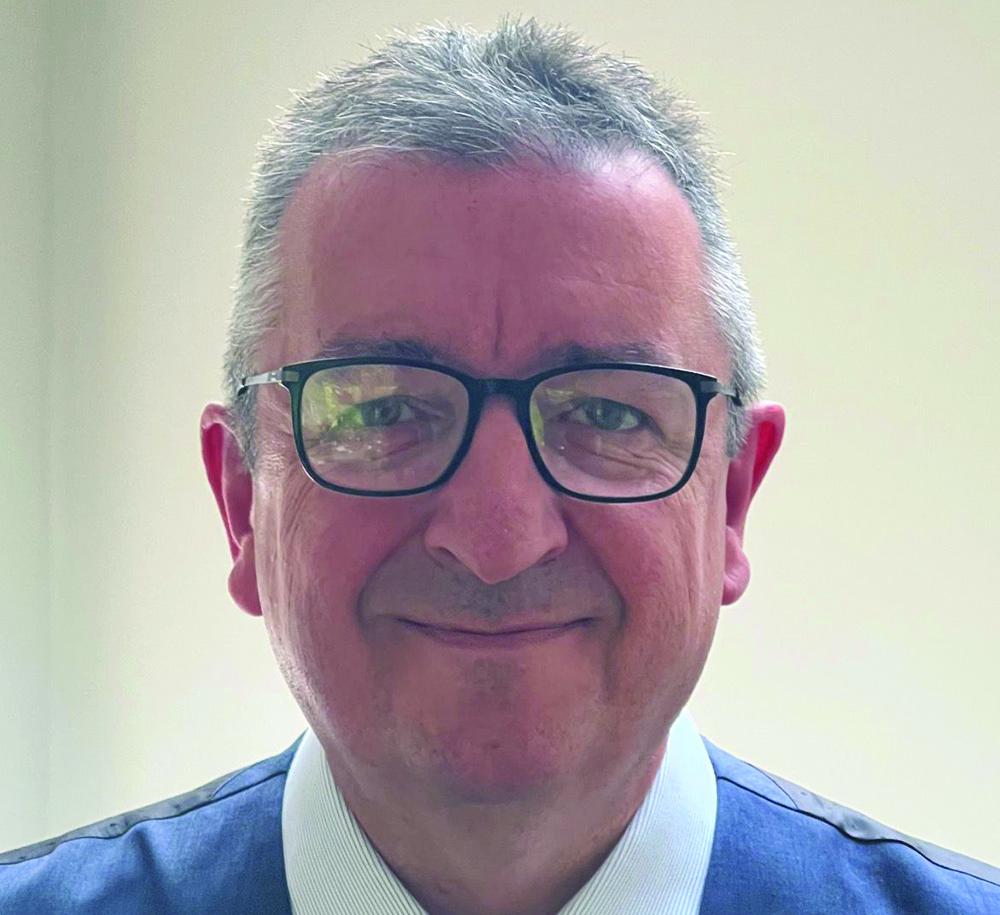Isolated refugees and asylum seekers separated from friends and family during the lockdown are being helped to stay connected with befrienders using their own language thanks to a Wiltshire Community Foundation grant.
The Afghan and Central Asian Association in Swindon has been given £2,700 by the community foundation’s Coronavirus Response Fund to set up a phone support network. The fund has now raised more than £718,000 and made grants of almost £500,000 to more than 140 groups.
The association has had to cancel regular drop-in sessions, leaving dozens of refuges from Afghanistan, Syria, Iraq, Yemen, Pakistan and North Africa without support. Many of them speak little English and struggle to apply get food or medical help.
Fundraiser Dr Noralhaq Nasimi, who himself fled Afghanistan with his family in 1999, said: “Even before lockdown people were excluded because they can’t speak English and they can’t understand the system. They are left on the margins of society and they find it hard to trust mainstream services because of a mistrust of authority and our role is to bridge the gap.
“After lockdown that was exacerbated even more because they can’t access anything, even our services. So their challenges have just piled up.”
The association set up a phone advice line and a welfare contact service so people can call with problems and volunteers can ring people who are often isolated on their own to chat and check they are coping.
“We’ve been incredibly busy supporting as many people as possible during this difficult time,” said Dr Nasimi. “We were receiving up to 50 calls a week with queries about housing, domestic violence, social services, immigration and payments. We are able to signpost them to groups like Mind and Age UK and provide a three-way translation service.
“We also help people access foodbanks because they just don’t know where to go.”
The association is working in partnership with The Harbour Project in Swindon, providing translation help with languages its staff don’t speak, such as Farsi, Dari and Pashtu. “They do a great job already and our involvement is just about supplementing what they do,” said Dr Nasimi.
The group began in London in 2001 and rapidly expanded to towns like Swindon as their refugee populations grew. Even after people become settled and are given leave to remain, they stay in touch. “Even when they have been here for some time, they may not be able to speak English well, especially women who are facing domestic violence,” said Dr Nasimi.
“Evictions are a big problem, people who have been living here 20 or 25 years are still waiting for a council house, so they are moving in and out of private accommodation. It’s quite a challenging thing, especially when there are small children.”
The grant has been used to pay extra staff and telephone costs. Dr Nasimi said: “It has been ring-fenced for the people living in Swindon and it has been really helpful. We are very grateful for the support.”
Find out more about the association at acaa.org.uk.
To donate to the Wiltshire and Swindon Coronavirus Response Fund or to find out how to apply for a grant, go to wiltshirecf.org.uk.








Your Comments
Be the first to comment on this article
Login or Register to post a comment on this article